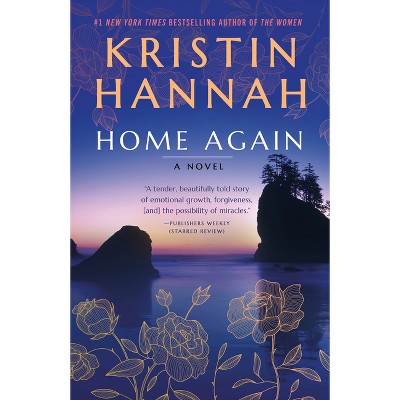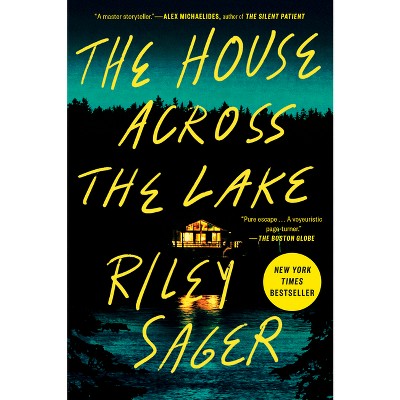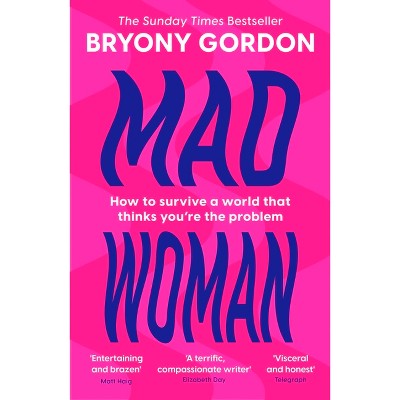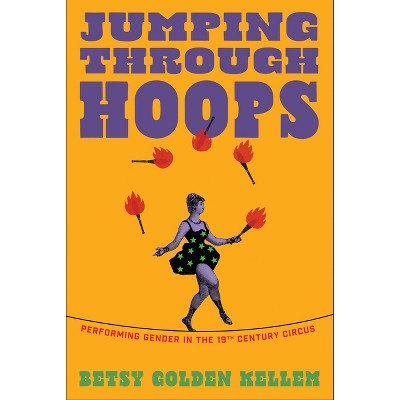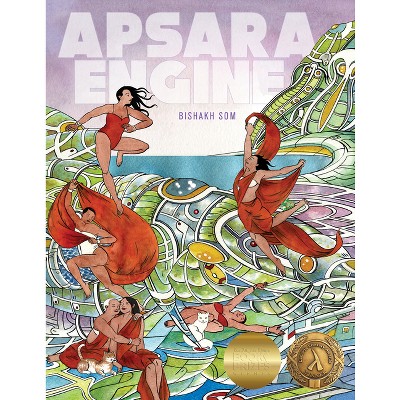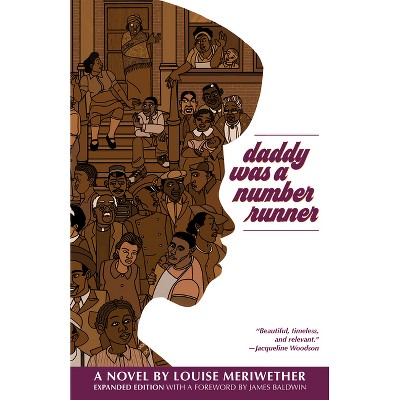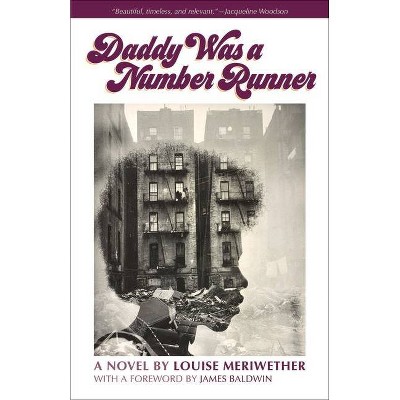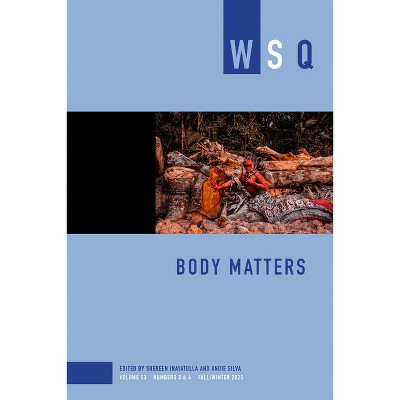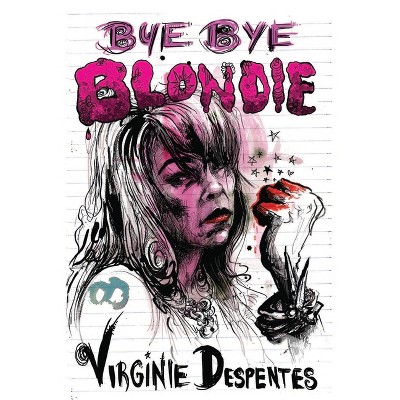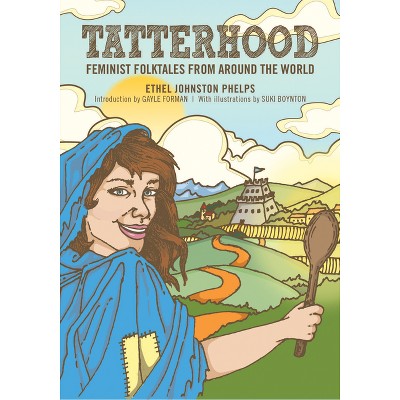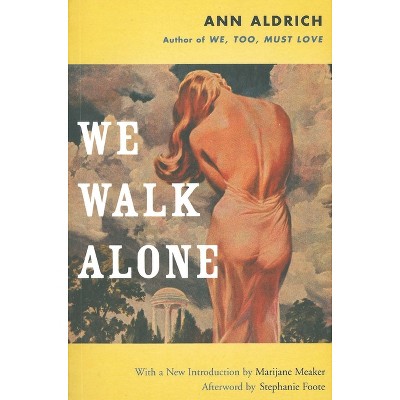Sponsored

The Living Is Easy - by Dorothy West (Paperback)
In Stock
Sponsored
About this item
Highlights
- An insightful, witty novel set in early twentieth-century black Boston by the Harlem Renaissance's youngest member--reissued for a new generation of readers.
- About the Author: Dorothy West (1907-1998) shared the coveted Opportunity short-story prize with Zora Neale Hurston in 1927 and later moved to New York, where she became the youngest of the writers associated with the Harlem Renaissance.
- 368 Pages
- Fiction + Literature Genres, African American
Description
About the Book
An insightful, witty novel set in early twentieth-century black Boston by the Harlem Renaissance's youngest member--reissued for a new generation of readers.
Book Synopsis
An insightful, witty novel set in early twentieth-century black Boston by the Harlem Renaissance's youngest member--reissued for a new generation of readers.
Review Quotes
"[A] powerful work." -Essence
"Skillful prose and unmitigated societal critique will keep readers engaged to the end. West's essential classic continues to endure." --Publishers Weekly
"Concerned with the magical qualities of black girlhood . . .The Living Is Easy focuses on the special role of the mother in childhood fantasies. . . . Cleo Jericho Judson is a grown woman when we first meet her . . . but it is the incomplete relationship with her long-dead mother that still drives her." --Village Voice
"The important thing about the book is its abundance and special woman's energy and beat. The beat is a deep one, and it often makes a man's seem puny." --The New York Times
"The living here--for West's characters, the Black community, herself--is hardly easy, but their 'wildness' continues to provoke, embolden and inspire." --Shelf Awareness
"[Dorothy West] is a brisk storyteller with an eye for ironical detail . . . [and] a deft stylist and writer of social satire." --Ms. magazine
"This novel, while originally published in 1948, is a relevant piece for some of our current dialogue. Cleo is a product of a racist society, and her story is a challenge for us to understand our own shortcomings, privileges, and interactions with the world. Dorothy West paints a vivid portrait of an unforgettable antihero."--Independent Book Review
About the Author
Dorothy West (1907-1998) shared the coveted Opportunity short-story prize with Zora Neale Hurston in 1927 and later moved to New York, where she became the youngest of the writers associated with the Harlem Renaissance. West founded and edited the influential African American literary magazine the Challenge and New Challenge. Also the author of The Wedding and The Richer, The Poorer, she lived on Martha's Vineyard until her death.
Shipping details
Return details
Frequently bought together
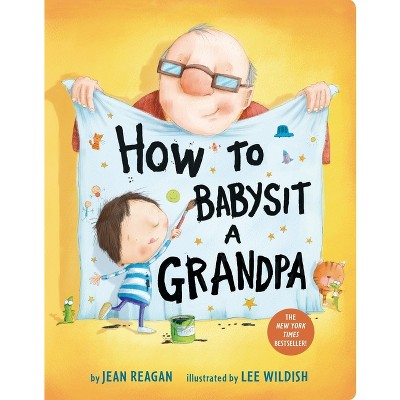
Trending Literary Fiction



